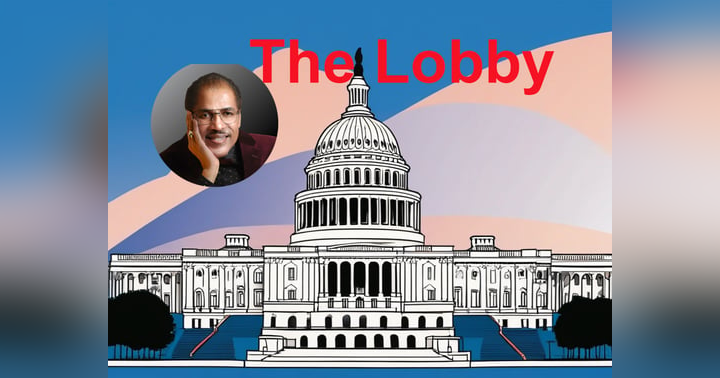Zionism
Zionism emerged in the late 19th century as a movement seeking to establish national homeland for the people in Palestine, then a part of the Ottoman Empire. The movement was largely a response to the rise of-Semitism in Europe and the growing feeling among Jewish communities that they needed a safe haven where they could live free from persecution. The founder of modern political Zionism, Theodor Herzl, argued in his seminal work "The Jewish State" that the only solution to the "Jewish question" was the establishment of a Jewish state.
The early Zionists faced significant challenges in their quest to establish a Jewish homeland. Not only did they have to contend with opposition from Arab inhabitants of Palestine, but they also had to navigate the complex geopolitics of the region, which was under Ottoman and later British control. Despite these obstacles, the Zionist movement gained momentum in the early 20th century, as waves of Jewish immigrants began to settle in Palestine and established agricultural communities.
One of the central controversies surrounding the Zionist movement was the issue of land ownership. As more Jewish settlers arrived in Palestine, they began purchasing land from absentee landlords, often displacing Palestinian tenants in the process. This led to growing tensions between Jewish and Arab communities, as Palestinian Arabs saw their land being taken away and their way of life threatened by the influx of Jewish immigrants.
The expulsion of Palestinians from their homes and villages became a central feature of the Zionist project, particularly following the establishment of the State of Israel in 1948. The creation of Israel resulted in the displacement of hundreds of thousands of Palestinians, who became refugees in neighboring Arab countries or displaced within the borders of the newly created state. This event, known as the Nakba (catastrophe), remains a source of deep trauma and bitterness for Palestinians to this day.
During this period, Zionist terrorist groups played a significant role in the expulsion of Palestinians from their homes. Groups such as the Irgun and Lehi (also known as the Stern Gang) engaged in a campaign of violence and intimidation against Palestinian communities, with the goal of driving them out of their land to make way for Jewish settlement. One of the most notorious incidents involving Zionist terrorism was the massacre at Deir Yassin in 1948, where over 100 Palestinian civilians were killed by members of the Irgun and Lehi.
The actions of Zionist terrorist groups during this period have been a subject of controversy and debate. Some argue that these groups were acting in self-defense against Arab attacks and were seeking to secure the future of the Jewish state. Others view their actions as unjustifiable acts of violence against civilians that resulted in the displacement and suffering of the Palestinian people.
In conclusion, the origins and development of Zionism have been closely intertwined with the expulsion of Palestinians from their homes and the establishment of the State of Israel. The motivations behind the Zionist movement, the controversies surrounding land ownership, and the role of extremist groups all played a significant role in shaping the complex and contentious history of the region. It is essential to consider multiple perspectives and sources to gain a deeper understanding of this issue and its ongoing implications for the Middle East.




